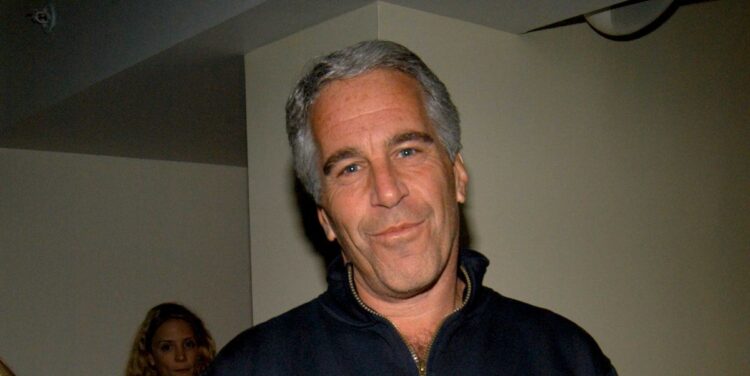By Aaron Miller-
Prison staff made multiple errors that led to Jeffrey Epstein commititng suicide, a major report has revealed.
The late billionaire who was awaiting trial, denied having suicidal thoughts before he actually killed himself, despite a report stating that a number of risk factors for suicide were ‘likely present’ in the convicted sex offender prior to his death.
Newly released documents forming a ‘Psychological Reconstruction of Inmate Death’ revealed a pattern of errors made by prison staff in the lead up to Epstein’s death in August 2019.
It includes ‘significant discrepancies’ in the provision of basic services like eating and showering, and a failure to check on him for several hours on the night of his death.
When Epstein arrived at the Metropolitan Correctional Center on July 6, 2019, a facilities assistant is noted in the report to have described Epstein as “distraught, sad, and a little confused.”
The report, published by The New York Times, presents a picture of a man isolated , with few meaningful relationships, stating that ‘despite his many associates, he had limited significant or deep interpersonal ties… Indeed, his identity appeared to be based on his wealth, power, and association with other high-profile individuals.’
In the month leading up to his death, the billionaire was placed on and removed from psychological observation – a monitoring system less restrictive than suicide watch multiple times, as well as being placed on suicide watch for 24 hours in late July.
Despite Epstein saying he was OK, she was not convinced of this, writing that “he seems dazed and withdrawn.” She advised in an email that someone from Psychology come and talk with him to “just be on the safe side and prevent any suicidal thoughts,” but there is no evidence the email recipient, a lieutenant, contacted the on-call psychologist at the time, according to the report.
Epstein was ultimately removed from psychological observation due to a paperwork error, despite US Marshals noting ‘suicidal tendencies’ in Epstein as he attended a court hearing on July 31.
In a timeline of events leading to his death, a review of prison records ‘revealed a number of incomplete entries’ regarding Epstein’s provisions and basic services, such as medical records, showers and meals.
On one occasion, a report wrongly stated there were ‘no sexual offense convictions’ for the inmate, despite Epstein’s numerous convictions relating to soliciting underage women for prostitution.
Epstein eventually returned to his cell, despite havinng not been assigned a new cellmate at that time. He was left alone and unmonitored for several hours. He was pronounced dead early the next morning.
The report concludes that the unsealing of documents revealing new allegations of sex crimes committed by Epstein likely contributed to his decision to end his own life. ‘
The lack of significant interpersonal connections, a complete loss of his status in both the community and among associates, and the idea of potentially spending his life in prison were likely factors contributing to Mr. Epstein’s suicide,’ the report states.

